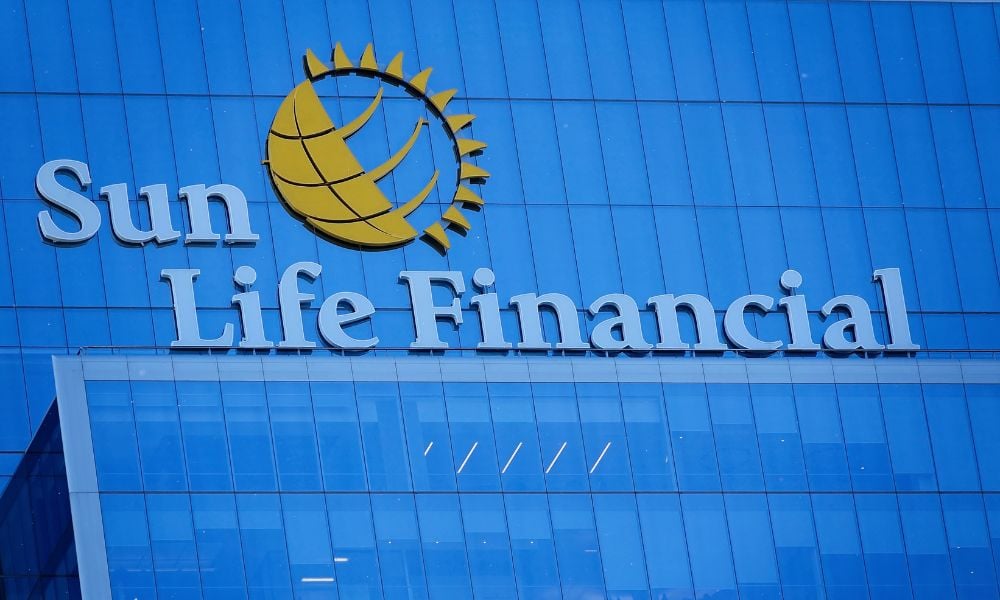Sun Life faces pressure as severe claims and market losses weigh on quarterly results

Sun Life Financial Inc. experienced a significant share price drop on Thursday following an earnings report that fell short of analysts' expectations, as reported by BNN Bloomberg.
The company's US division faced increased claims severity, contributing to the disappointing results.
In morning trading on the Toronto Stock Exchange, shares fell more than 10 percent before recovering slightly. By early afternoon, the stock was down $6.83, or 8.1 percent, trading at $77.80.
The insurer reported earnings of 41 cents per share, significantly below the $1.69 per share anticipated by analysts, according to LSEG Data & Analytics.
After adjusting for a writedown, currency effects, and other factors, earnings stood at $1.68 per share, still under the adjusted forecast of $1.78 per share.
Chief Executive Kevin Strain addressed the challenging quarter during an earnings call, stating, “You did see a tough quarter, and we’re not trying to walk that back.”
He emphasized, however, that “the underlying fundamentals remain strong.”
The US division reported a 39 percent decline in underlying earnings from the previous year, totaling US$115m. This decrease was primarily due to a rise in the severity of claims, particularly in stop-loss insurance, which covers employers against large medical claims.
Dan Fishbein, president of Sun Life’s US division, noted, “These are very severe medical claims. Some of this increase in severity was not fully expected.”
Fishbein identified three main factors contributing to the increased claims severity:
-
Higher cancer claims: Delayed routine screenings during the pandemic led to more advanced diagnoses, coupled with the use of expensive new cancer treatments.
-
Increase in premature births and neonatal care: This trend is linked to both a higher birth rate and the increasing age of parents.
-
Rising hospital prices: Hospitals have been raising prices after losing pandemic-related financial support.
“Those are three factors we think are primarily driving the severity, and you know, those factors are likely persistent,” Fishbein said.
To address the rising claims, Sun Life implemented a roughly 14 percent price increase for plan renewals at the start of 2025 and anticipates further price hikes will be necessary.
Beyond its US operations, Sun Life recorded a $186m impairment in Vietnam, attributing this to prolonged weakness in the country's insurance industry, which it believes has now stabilized.
Market-related factors also contributed to the earnings miss, with a $179m reduction in net income largely due to interest rate impacts and real estate returns.
Scotiabank analyst Meny Grauman commented on the results, stating, “One quarter certainly does not make a trend, but weaker results out of the US in particular will feed into concerns about this business that weighed on the shares earlier in the year even as the source of that weakness is now different.”
The Canadian insurance industry has faced significant challenges recently.
In 2024, insured losses from natural disasters reached a record $8.5bn, driven by events such as wildfires in Jasper and a severe hailstorm in Calgary, according to Reuters. This trend underscores the increasing impact of climate-related events on insurers' financial performance.



